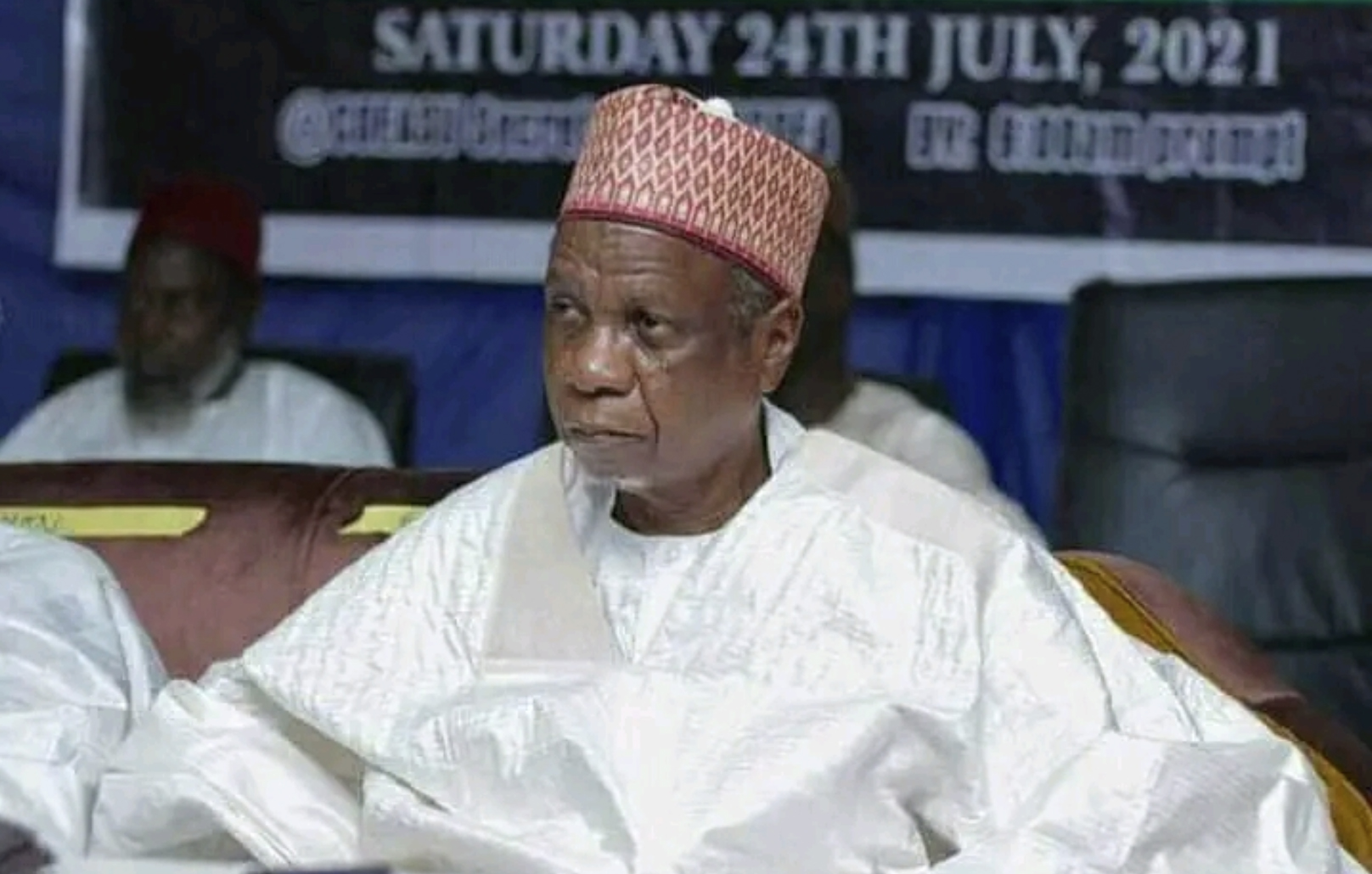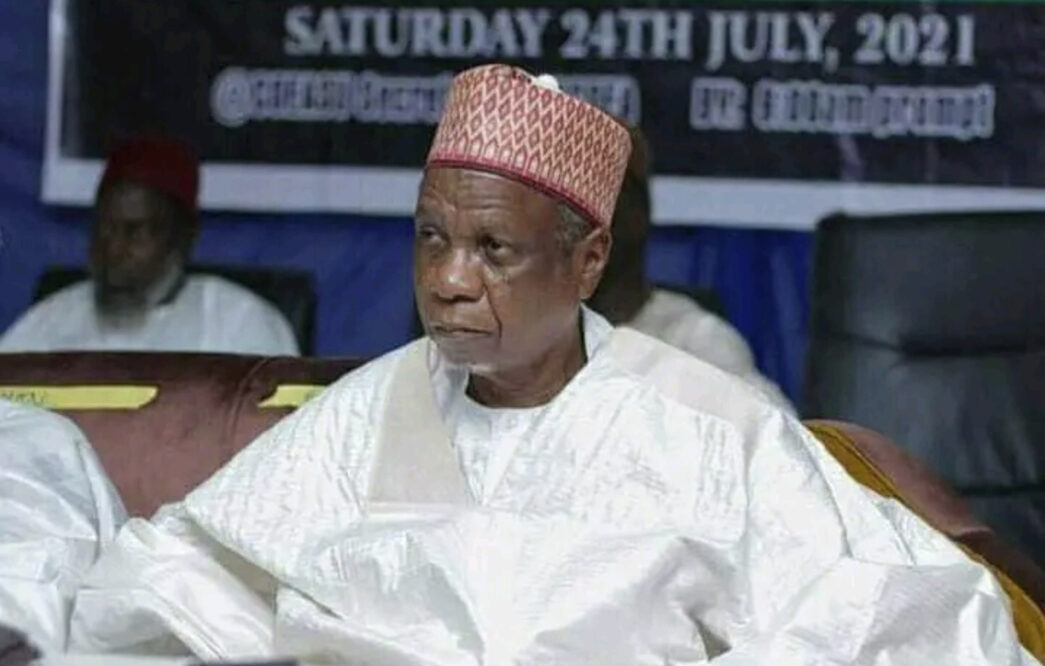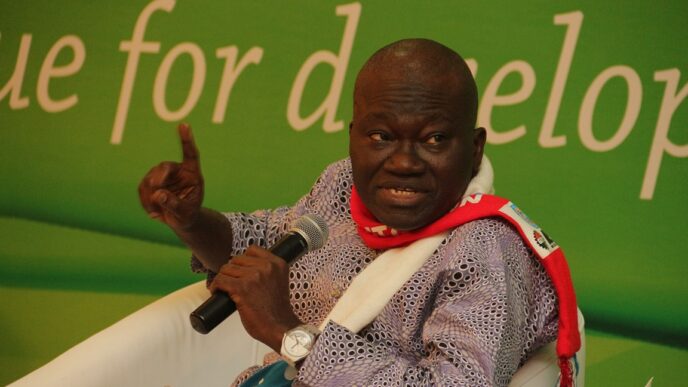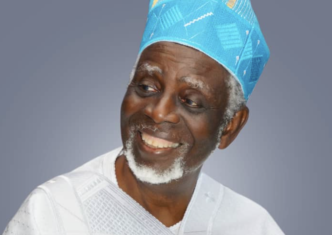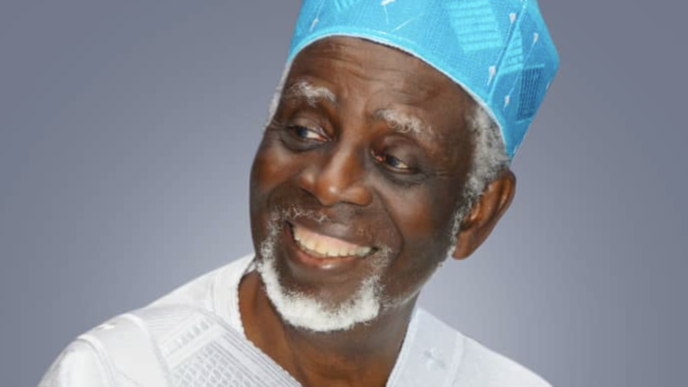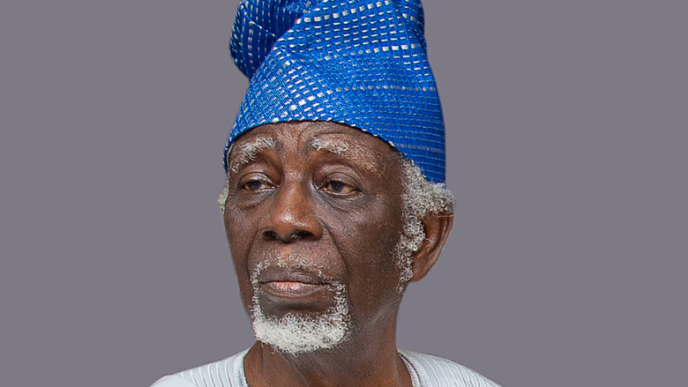This piece was meant to be my address and reflection during a planned courtesy visit in 2024 to the Federal Civil Service Commission of my old boss, Mahmud Yayale Ahmed, commander of the federal republic (CFR), former Head of Service of the Federation, former SGF and Hon. Minister, Ajiyan Katagum, and Chairman of the Governing Council, Ahmadu Bello Univerity, Zaria; a visit, which objective indeed had achieved by other means.
When a personality like Mahmud Yayale Ahmed decides to pay a visit to an organization like the Federal Civil Service Commission (FCSC) to honour his mentee, then such a visit is far from being a mere courtesy visit. Such visitation generates reflections and discourses, and activate possibilities. That is the kind of personality Yayale Ahmed is. And such visit especially to the FCSC carries both the burden of administrative history and reform possibilities. Yayale Ahmed was not just my former boss, he is also a veritable mentor; I owe a significant portion of my trajectory into becoming a bureaucrat-scholar-reformer to his mentorship. He had a fundamental impact in shaping my foray into the maelstrom of public service institutional reform programme management in the federal service. Having such an old boss visit his boy at the FCSC is an event in itself, one that is sufficient to make me tremble at the possible comments I would receive.
However, when he is visiting in his capacity as the national chairman of the Council for Retired Federal Permanent Secretaries (CORFEPS), the matter becomes even more critical. CORFEPS is the association of retired administrative professionals that has been throwing the weight of its institutional memory and competences behind the ongoing efforts to transform the dwindling status and reputation of public administration and the capacity readiness of the public service in Nigeria. Thus, when CORFEPS meets FCSC, we are already not only laying the templates for all hands to be on deck, but also articulating the critical historical and administrative records that must undergird the necessity of institutionally rehabilitating Nigeria’s public administration architecture.
When CORFEPS held its maiden colloquium on 5-7 March, 2024, and had in attendance the administrative bigwigs—from HRM Olu Falae to Amb. Babagana Kingibe and, Dr. Bukar Usman, as lead speaker—the association demonstrates that the past administrative leadership cannot be retired out of the collective responsibility of institutional reform that the public administration and public service sorely need in Nigeria. Indeed, that maiden colloquium brought a new energy into the functionality of the communities of practice and service—retired heads of service and permanent secretaries at both the federal and state levels, platforms of retired directors, pensioners, Nigerian Association of Public Administration and Management (NAPAM), etc.—and the strategic and restorative responsibility for the institutional repositioning of public administration as a noble vocation in Nigeria. And the fundamental objective is clear: how the Nigerian public administration framework, and the public service system, can be reformed to jumpstart Nigeria’s strategic inclusion in the fourth industrial revolution and its implication for infrastructural development to service the wellbeing of Nigerians.
Advertisement
In this piece, my objective is to insert the administrative personality of Mahmud Yayale Ahmed into the reform trajectory of the Nigerian civil service system during the Olusegun Obasanjo presidency. This is with the aim of filling out some missing gaps in the reform experiment at the commencement of Nigeria’s democratic governance in 1999. His proactive role as an institutional reformer par excellence also constitutes the occasion to ask fundamental question about the capacity of the civil service system to reform itself. This will eventually not only provide a historical and administrative basis for situating his significance in Nigeria’s reform progress, but also his current role as the chairperson of CORFEPS and its ongoing efforts to backstop restorative institutional reform.
The years between 2000 and 2007 were significant in Nigeria’s administrative and reform history because they present a moment of a major paradigm shift in change management praxis that contributed a fundamental template of reform progress to Nigeria’s reform architecture and achievements. And Yayale Ahmed was right in the centre of the critical efforts to lay the foundation of a world class civil service institution for the Nigerian state. It was at a critical juncture that Yayale Ahmed took over the rein of administrative affairs of a civil service system that had weathered several reform commissions and reports meant to translate the fortunes of the system into concrete administrative advances that Nigerians can relate with in terms of service delivery. The Udoji Commission (1974), Dotun Phillips Study Team (1984) and Ayida Review Panel (1994), all attempted to ground the public service on a pedestal of managerial efficiency and effectiveness that delivers the goods and the services.
When I met Yayale Ahmed, it was right in the midst of the unfolding reform efforts at making sense of the public service system within Nigeria’s democratic experiment. He was the permanent secretary at the federal ministry of education when I was the head of the policy division, as well as the special assistant to Prof. Tunde Adeniran who later mentioned me to his successor (the late Prof. Babalola Borishade). I was later introduced by the late Prof. Akin Mabogunje to Chief Olusegun Obasanjo who then seconded me, on the strength of my articulation through a concept note of the institutional reform challenges and direction of the civil service, to serve as the technical head of the secretariat of the strategy team located within the Management Services Office. I report directly to the permanent secretary, late Mr. O. O. Oyelakin, who reports directly to the head of Service, Alhaji Yayale Ahmed.
Advertisement
Given the reputation of someone that the president, Olusegun Obasanjo, referred to as “Mr. Civil Servant,” his in-depth grounding in the dynamics of the system, as well as the crucial understanding of the democratic imperative underlying institutional change, Yayale Ahmed was able to courageously articulate a reform methodology that jumpstarted a new era of administrative reforms in Nigeria. In 2001, as the second phase of the implementation of the Ayida Report was underway, Alhaji Yayale Ahmed faced the federal executive council presided over by President Olusegun Obasanjo, and boldly asserted that the civil service possessed the sufficient resident capacity to diagnose its institutional debilitation, articulate a reform strategy and oversee its own reform. And this revolutionary declaration was coming at a time when skeptics were not sure anything good could ever come out of the civil service.
Indeed, I strongly believed that it was part of the determination to prove the strength of his conviction about the system’s capability to reform itself that facilitated the broadminded learning and proactive space that led to the institutional and professional maturation of someone like me and my eventual transformation into a bureaucrat-scholar. What I mean to say is that under Yayale Ahmed’s watch, I saw the evolution and full maturation of my growing research expertise that came at a crucial point when the diagnostic study and strategic development of the reform methodology was unfolding. No wonder therefore that it was under his ambitious, firm and visionary headship that one of the largest reform programs in the annals of change management in Nigeria was successfully implemented.
Yayale Ahmed’s stature as a public servant cannot be properly decided outside of the reform architecture during his time as the head of service. Indeed, his reputation is tied in with the establishment and fortune of the Bureau of Public Service Reform (BPSR) which is supposed to be the arrowhead of the courageous assertion that the civil service is able to diagnose and reform itself. The BPSR was established in 2003 as the lead reform implementation and monitoring coordinating agency armed with the objective of managing and sustaining service-wide reforms agenda of the Obasanjo administration, while also ensuring that the reform mandate was implemented in the Ministries, Departments and Agencies (MDAs), the operational units carrying out government business. The three major justification for the existence of the BPSR are:
- The need to create a clearing house, a one-stop-shop of a sort, where all stakeholders could receive information and guidance on all the reform programmes of the Federal Government;
- The strong conviction that the reforms objectives will not be realized in the long term, through an ad-hoc committee or task force; and
- The need to have an “engine room” that is enabled with the required capability and resources to leverage on local and international knowledge networks and communities of public administration best practices, to support policy, institutional and governance reform processes with required expertise, and good practices on an on-going basis (http://www.bpsr.gov.ng/index.php).
However, the trajectory of the operational dynamics of the BPSR since 2007 has been less than optimal. And so, the question of whether it has been able to live up to its mandate is a difficult one to answer. And this is because of so many crippling circumstances, bureaucratic and political, that attended its operations. Since 2008, the capacity of the BPSR to manage and sustain institutional reforms has been stunted. For instance, by transferring its supervision from the Head of the Civil Service of the Federation (HCSF) to the OSGF, its mandate was though expanded from being confined solely to the core civil service rather than the wider public service, but at that it lost the required professional supervision it needs so badly to function. And it also implies that it would henceforth be managed as an appendage of the OSGF rather than as an active player in the few significant initiatives that have taken place in the civil/public service since then.
Advertisement
Reform efforts before the BPSR have always been hampered by an oscillation between comprehensiveness and selectivity in the choice of methodology for pushing reform through. And that indecisiveness also played out within the operational dynamics of the BPSR. But then the many attempts at pushing the BPSR into strategic irrelevance could not diminish a paradigmatic reform methodology: there was a decisive transition away from a decade of episodic structural review of the civil service system to a methodological perception of administrative reform as one trajectory of continuous learning and incremental improvement. And this is where the BPSR proved its most fundamental importance in providing the organizing framework for enhancing this paradigmatic reform methodology. It did this by developing a generic guideline for restructuring, streamlining and monitoring the operational bases of the MDAs.
Pilot MDA reforms were carried out as basis for measuring and documenting the administrative challenges confronted by the public service that undermine its performance efficiency. The pilot study also enabled the scaling up of the reform implementation strategy to other MDAs at: (a) service-wide systemic reform level, (b) the MDAs’ specific level which entails the implementation of performance improvement plans and the deepening and consolidation of reforms as it concerns cross-cutting reform programs with instruments such as challenge and performance improvement funds, and (c) the implementation of such reform programs as pension reform, national health insurance scheme, statistical reform, pay reform, SERVICOM, to name just a few.
It was therefore from broad-based analyses of the fundamental assumptions, presuppositions, indications, deductions and findings from the pilot MDAs study that generated the initiatives for designing and firming up the irreducible national strategy for public service reform (NSPSR). The document constitutes a fundamental reform blueprint for articulating the trajectory of reform management in Nigeria. The significance of the NSPSR derives from the host of reform initiatives and achievements that its methodological emergence made possible, especially post-Yayale Ahmed. I could mention a few. There was the finalization of the African Public Service Charter that encompass a continental administrative blueprint around which the NSPSR could also be mainstreamed. There was also a concerted and genuine effort to resurrect the National Association for Public Administration and Management (NAPAM) which fell through because of a lack of push-through by the bureaucratic leadership. We cannot but mention the service-wide significance of the tenure policy and the concern to contain the exploding but unsustainable institutional redundancies that birthed the Oronsaye panel on the rationalization of agencies and parastatals that became a poster initiative for the post-Obasanjo reform era. That reform policy is still the focal point of every effort to deal with the cost of governance problem that bedevils the public service. We must also signal the introduction of the ministerial scorecard as a managerial strategy for performance management under the Goodluck Jonathan administration. This is complemented by other initiatives like online training programme which has been expanded into the formidable Leadership Enhancement and Development Programme (LEAD-P).
In retrospect, the courage displayed by Yayale in insisting that the civil service possesses the capacity to reform itself, and the series of administrative incidences that attended the BPSR’s effort to championing that argument, only makes the issue even more cogent. All across the world, there are healthy scepticism around the possibility of a bureaucracy leading its own administrative reform. And the jury is still out on whether the Yayale Ahmed’s leadership of the civil service was able to undermine that skepticism enough given the undercurrent of the battle-royal between the federal service and the economic management team during the president Obasanjo second-term. And this generates more questions and discourses that public administration theorists and institutional reformers in Nigeria cannot run away from. Institutional reform in Nigeria always appears Sisyphean, as if the reformers are confronted with the task of rolling the boulder of administrative reform up a hill only to watch it roll back down perpetually. So, why is the task of institutional reform a series of motions without many substantive movements? In concrete terms, why is it the case that despite the numerous service-wide reform initiatives from 1999 to date, the federal civil service system is still, on balance, progressively declining in some critical performance indicators and parameters that overall, limit its capability readiness to sustain service delivery to Nigerians?
Advertisement
Jean-Baptiste Alphonse Karr, the French satirist, once remarked: ‘The more things change, the more they stay the same.” In change management terms, this is a crippling observation that not only inhibit the capacity of the system to backstop Nigeria’s democratic governance, but also gloss over, in an unfair manner, the enormous and paradigmatic efforts of institutional reformers like my old boss, Yayale Ahmed. I am however optimistic that Nigeria’s change management discourse will receive a new lease on life. For one, Alhaji Yayale Ahmed is not one to give up easily. His chairmanship of CORFEPS is just one significant indication of that. Second, the collaboration between CORFEPS and the Federal service, if concretized, portends a fundamental direction that brings the institutional experiences of retired permanent secretaries and heads of service in critical conversation with successive serving administrative leadership in time and space to move the civil service forward. This is why I am excited that my old boss had chosen to reach out to his mentee at the FCSC the way he did.
Prof Tunji Olaopa is chairman, Federal Civil Service Commission.
Advertisement
Views expressed by contributors are strictly personal and not of TheCable.
Add a comment

